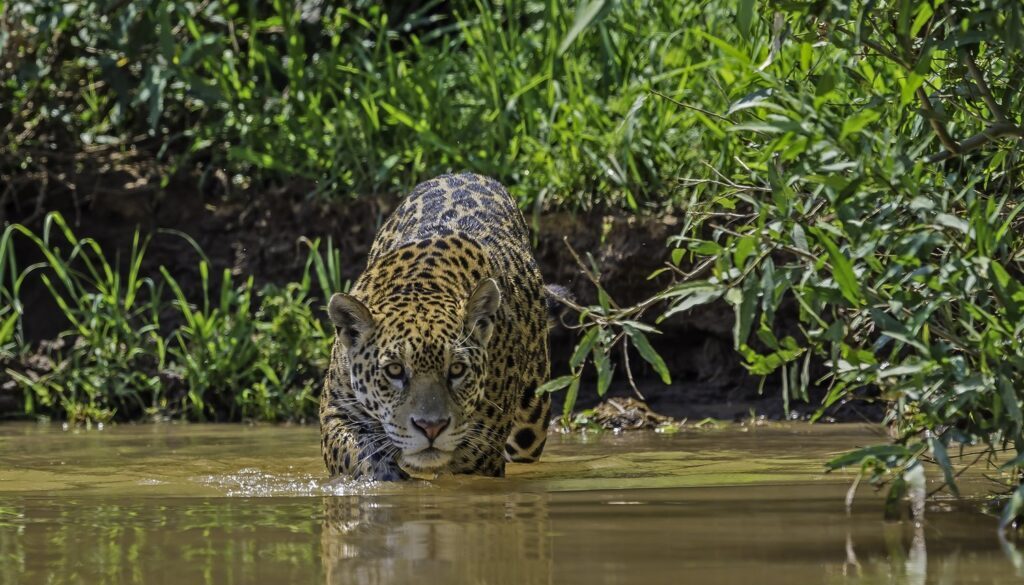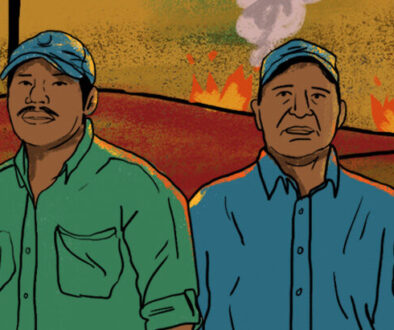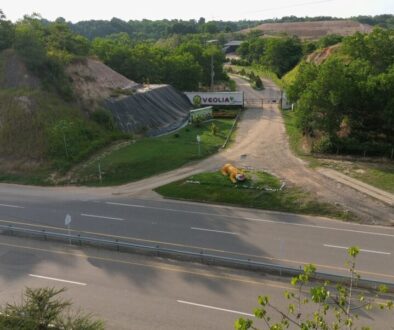Where Have All the Jaguars Gone? Unpacking Agribusiness’s Threat to Biodiversity in Brazil
The lush tapestry of Brazil’s tropical forests, renowned for their unparalleled biodiversity, is facing an existential threat. Global Witness’s recent report, «Jaguars vs. Cows», exposes the alarming rate at which industrial agriculture, particularly cattle ranching, is encroaching upon and destroying critical habitats, pushing iconic species like the jaguar to the brink. This ecological crisis demands urgent attention, not only for the sake of preserving Brazil’s natural heritage but also for safeguarding global climate stability.
The Relentless March of Agribusiness
The statistics are staggering. Global Witness’s analysis reveals that over 27 million hectares of the jaguar’s original wild habitat in Brazil has been converted into agricultural land – an area larger than the entire United Kingdom. This massive land conversion underscores the sheer scale of agriculture’s expansion and its devastating impact on Brazil’s ecosystems.
The consequences of this habitat destruction are far-reaching. Jaguars, apex predators that play a vital role in maintaining ecological balance, are losing their territories at an alarming rate. As keystone species, their decline triggers a cascade of negative effects, disrupting food chains and destabilizing entire ecosystems. The report paints a stark picture of jaguars losing the battle against Big Agribusiness.
JBS and the Shadow of Deforestation
The report shines a spotlight on JBS, the world’s largest meat processor, and its role in driving this crisis. Global Witness’s investigation has traced deforestation directly to JBS’s supply chain, revealing a disturbing link between the company’s operations and the destruction of jaguar habitat.
One particularly egregious example is the Canoeiro farm, a JBS supplier that razed over 1,200 hectares of protected jaguar territory within the APA Meandros do Araguaia, a crucial ecological haven. Despite facing substantial fines for illegal clearing, the farm continued its destructive practices, highlighting the challenges of enforcing environmental regulations and ensuring corporate accountability.
Moreover, the report exposes the practice of «cattle laundering,» a loophole that allows cattle raised on deforested land to enter the supply chain through «clean» farms, effectively masking the environmental damage. This systemic issue demonstrates the inadequacy of current monitoring systems and the urgent need for greater supply chain transparency.
The Human Cost of Environmental Destruction
The destruction of Brazil’s ecosystems threatens not only iconic species like the jaguar, but also the people fighting to protect them. Standing up to powerful economic interests—particularly those tied to industrial cattle ranching—comes at a high personal cost for environmental activists, Indigenous communities, and local leaders. These defenders often face violence, criminalization, and even assassination. In 2023 alone, Brazil saw 25 killings of environmental and land defenders, making it the second deadliest country in the world for such activism, after Colombia. Nearly half of those killed were Indigenous or Afro-descendant. Since 2012, over 400 defenders have been murdered in Brazil, the majority linked to land disputes and the unchecked expansion of agribusiness. The fight to preserve biodiversity cannot be separated from the need to protect those who risk their lives to safeguard it.
The Imperative for Action
The Global Witness report underscores the urgent need for action on multiple fronts:
- Strengthening Supply Chain Governance: Robust laws and enforcement mechanisms are essential to ensure that companies are held accountable for deforestation within their supply chains, including indirect suppliers.
- Protecting Key Ecosystems: Preserving and restoring critical habitats, such as Brazil’s tropical forests, is paramount for safeguarding biodiversity and mitigating climate change.
- Holding Financial Institutions Accountable: Financial institutions that bankroll agribusiness operations linked to deforestation must also be held responsible for their role in the crisis.
As the world prepares for COP30 in Brazil, where leaders will discuss strategies to combat deforestation, this report serves as a stark reminder of the challenges and the urgency of the task. The future of iconic species like the jaguar, and the health of our planet, depend on decisive action to curb agribusiness-driven deforestation and promote sustainable land-use practices.





